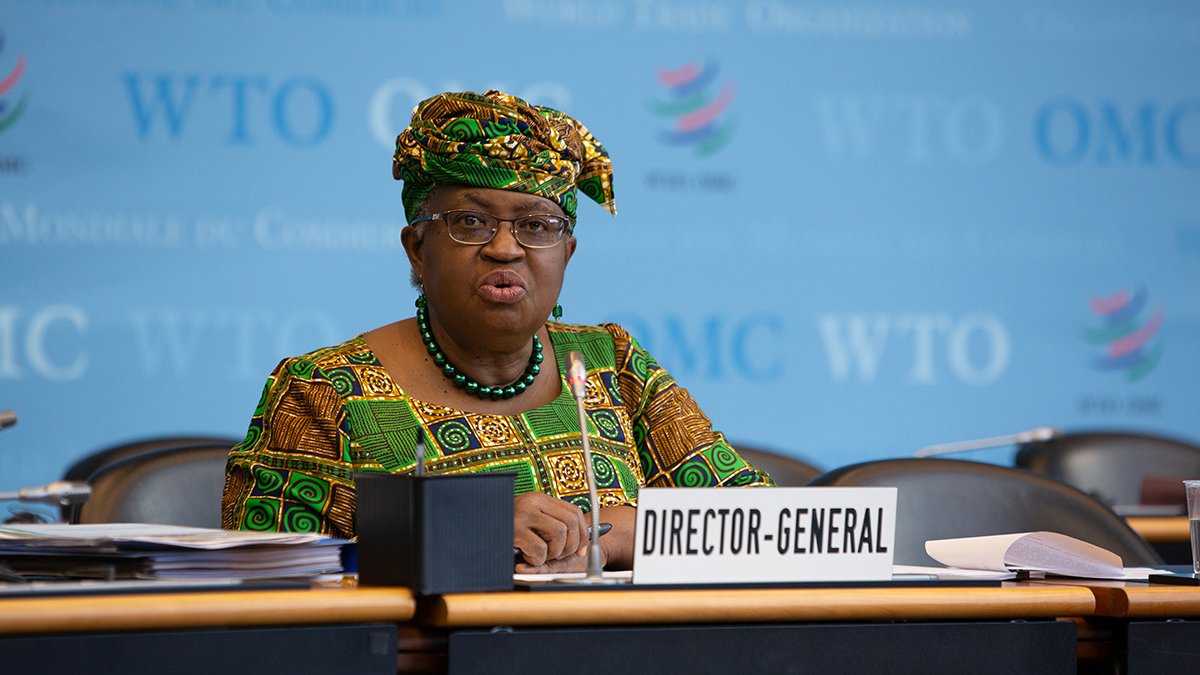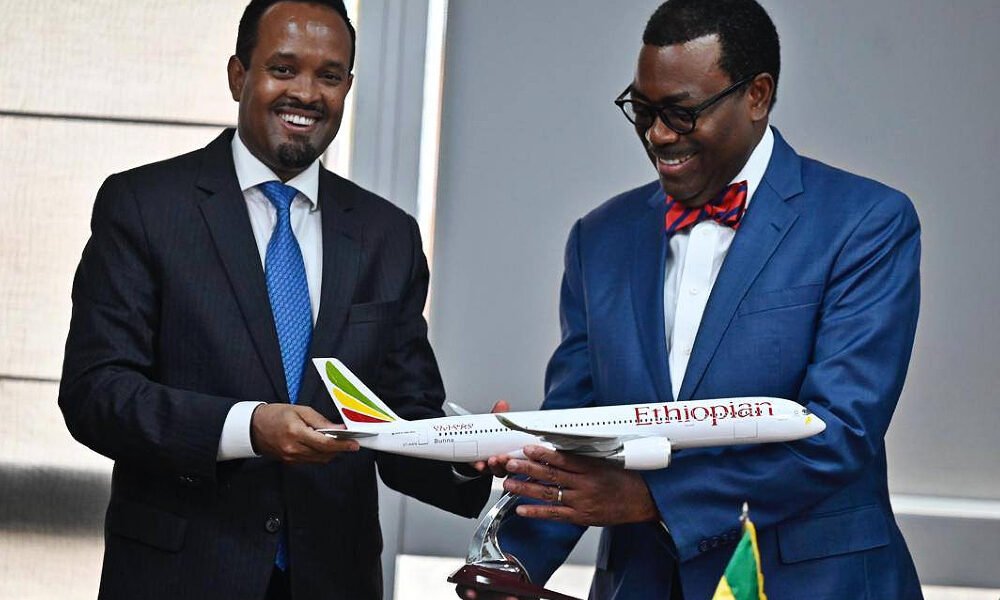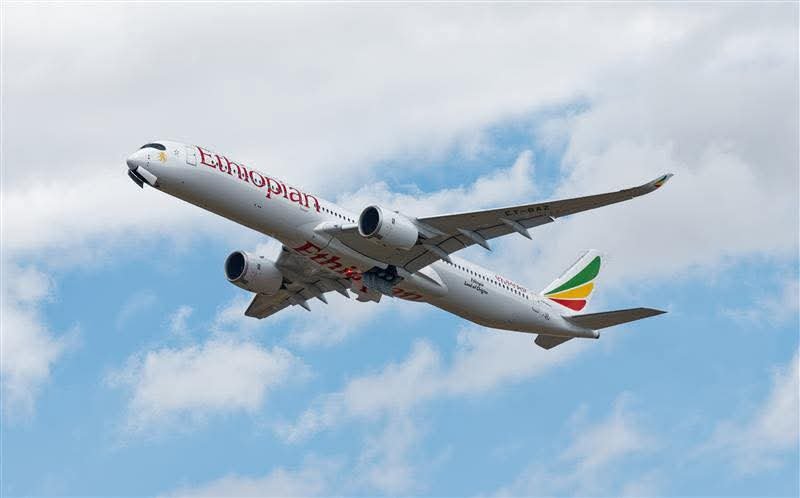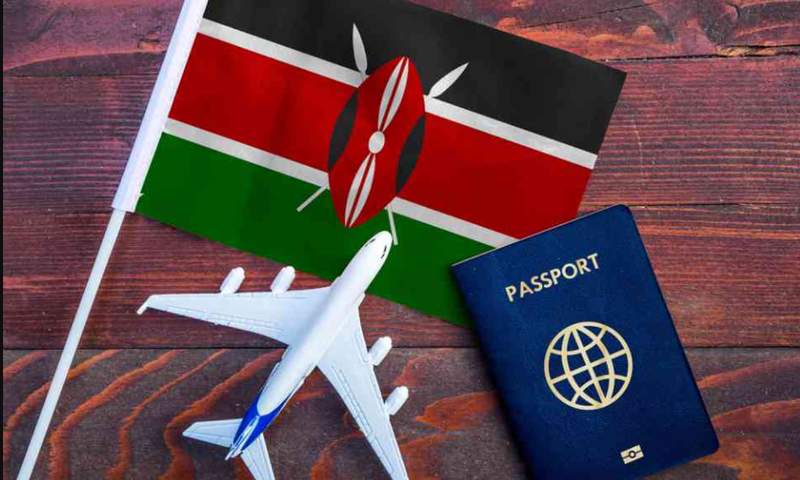
Kenya has officially launched its much-anticipated visa-free entry policy for African citizens, making a bold statement in support of pan-African integration and intra-continental mobility. The policy, which came into effect on July 1, allows passport holders from all African countries, except Somalia and Libya, to enter Kenya without a visa.
The historic move positions Kenya as a continental leader in the push toward open borders and free movement of people. It aligns with the African Union’s Agenda 2063 goals for a unified, prosperous Africa and follows months of preparation and diplomatic engagement by President William Ruto’s administration.
Policy Highlights and Implementation
Under the new visa-free travel policy, African travelers entering Kenya are only required to complete a simple electronic travel authorization (ETA) online prior to their journey. The process is designed to be fast and user-friendly, significantly easing the burden of travel for business people, tourists, academics, and students across the continent.
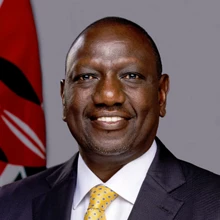
“This marks a new chapter in our relationship with our African brothers and sisters,” President Ruto said during a national address. “We are tearing down borders that have held back our people for decades. By enabling visa-free travel, we are fostering trade, education, culture, and unity among African nations.”
President Ruto first hinted at the policy shift during the 2023 Africa Climate Summit in Nairobi, emphasizing the need to remove colonial-era barriers to intra-African cooperation.
The new policy, however, excludes Somalia and Libya, citing security concerns. Government officials clarified that Kenya remains open to future engagement with these countries once regional stability improves and mutual agreements can be reached.
Why Somalia and Libya Were Excluded
While Kenya’s Ministry of Foreign Affairs did not provide full details, the decision to exempt Somalia and Libya stems from long-standing security and diplomatic challenges. Kenya has previously grappled with cross-border terrorism linked to Somalia-based militant groups like Al-Shabaab, and continues to maintain a cautious stance on cross-border mobility with its northeastern neighbor.
Libya, still recovering from over a decade of civil conflict and political instability, also raises security red flags for immigration authorities.
“This is not an act of exclusion,” a senior official at Kenya’s Ministry of Interior and National Administration explained. “It is a matter of national security and risk assessment. The door remains open for future dialogue with our Somali and Libyan counterparts.”
Regional and Continental Reactions
The African Union Commission, through its Department of Political Affairs, Peace and Security, commended Kenya for taking a leadership role in promoting continental integration. Several African leaders have lauded the move, describing it as a bold step toward implementing the African Continental Free Trade Area (AfCFTA) framework, which envisions unrestricted movement of goods, people, and capital across African borders.
The Chairperson of the African Union, President Azali Assoumani of Comoros, said, “Kenya has demonstrated that Africa can set its own agenda and lead itself into a future of unity and progress.”
African business communities have also welcomed the policy, noting its potential to spur growth in tourism, trade, and investment. The Kenya Private Sector Alliance (KEPSA) expressed optimism that more regional businesses would now find Kenya a more attractive base of operations.
“This will enhance market access and labor mobility within East Africa and beyond,” said KEPSA CEO Carole Kariuki. “It’s a win for business and a strategic move for Kenya’s economic future.”
Tourism and Education Sectors Set to Benefit
Kenya’s tourism industry is expected to gain significantly from the policy. The Ministry of Tourism anticipates a surge in visitor numbers from across Africa, particularly from nations like Nigeria, Ghana, South Africa, and Ethiopia, which already have strong travel and business ties with Kenya.
Tour operators and hotel associations are preparing to offer packages specifically tailored to attract African tourists, including cultural exchange programs, regional adventure safaris, and pan-African festivals.
Similarly, educational institutions have praised the policy for removing travel restrictions for prospective students. Kenyan universities, which host thousands of foreign African students, believe the simplified travel process will increase enrollment and academic collaborations across the continent.
“We’ve already received a spike in applications from several African countries,” said Prof. Stephen Kiama, Vice-Chancellor of the University of Nairobi. “This is not just about travel; it’s about knowledge exchange, research cooperation, and pan-African innovation.”
Challenges and Way Forward
While the visa-free initiative is widely seen as progressive, experts caution that successful implementation will depend on how Kenya handles border security, data sharing, and administrative logistics.
There are concerns about overstays, undocumented migration, and the potential for human trafficking. However, government officials have assured the public that immigration systems are being upgraded to accommodate real-time monitoring and inter-agency collaboration.
To support the roll-out, Kenya has launched a regional information campaign across African capitals, providing clarity on the ETA process and addressing misinformation.
President Ruto emphasized that Kenya is prepared for the operational demands of the policy. “We are not walking into this blindly. We have the infrastructure, we have the political will, and above all, we have the belief that Africa belongs to all of us.”
As Kenya opens its doors wider to Africa, the continent watches to see how this bold experiment in unity, openness, and mobility will play out.


